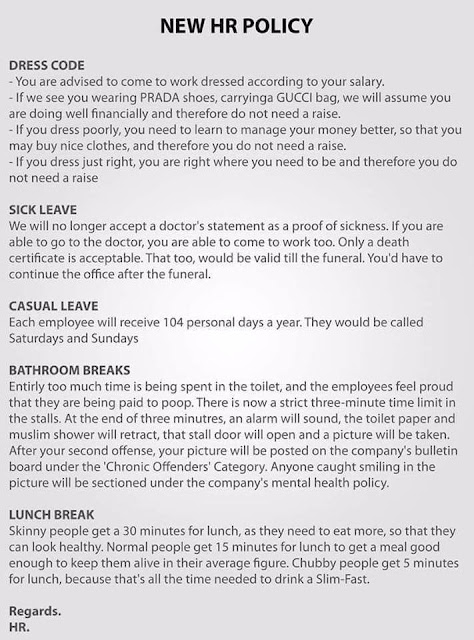This is a very misguiding and sad article. Clearly the author is very uninformed RPH. You did well explaining what doctor means as person who has earned a doctorate degree being it either a PhD or a professional doctorate. Physicians are called doctors because they hold a doctorate in Medicine, hence MD. Your definition as a doctor of a person who diagnose and treat a disease is misleading because now PAs and NPs do similar but not called doctors because they did not earn a doctoral degree. Other healthcare professionals like Chiropractors, Dentists, Veterinarians, Optometrists, Psychologists, etc all call themselves doctors and not because they can treat a "blister bleeding finger" but because they think they have earned doctorate degree toward their field. When it comes to the treatment of certain diseases, physicians refer patients to other specialized physicians and doesn't mean they are not doctors. So is the reason why physicians and other clinicians consult pharmacists for their expertise in disease treatment, and without knowledge in diseases state, diagnosis and drug therapy pharmacists can not make those recommendations. The fact that pharmacists don't write prescriptions does not mean they can not diagnose and treat conditions. If a pharmacist has earned a doctorate degree toward their field of study then they are allowed to used that title as they please and not be criticized by another pharmacist who doesn't have one. Your analogy with anthropologist is erroneous because anthropologists don't work in clinics or round on hospital floors. You are definitely obsolete in your thinking and the old perception of the pharmacist is still in your own mind and so as the general public and this delusion should be eradicated. This is the reason why the profession can not make any strides in spite of the crucial contributions pharmacists are making to healthcare today. Today pharmacist dispensing fees have dwindled to nothing because of notions like this, they are not professionals so lets not pay them professional dispensing fees. The flaws with the PharmD is not the education but the way early educators who started the program did it. It lacked consensus between the educators, the medical community, policy makers and payers and clear definition of the utility of the PharmD advanced degree. Thats why over 50% of PharmD graduates are working in the retail to experience this ridicule.
- Premature WHO suspension notice at Indian plant 'hugely damaging' :
The WHO has withdrawn a notice stripping Svizera Labs of prequalification status that it published in error last week.
On Friday March 18 the World Health Organisation (WHO) published a Notice of Suspension (NOS) sent to Svizera Labs Private Limited on March 3.
The notice revoked prequalification status for pharmaceuticals made at its facility in Navi, Mumbai, including tuberculosis drugs supplied to the WHOvia Svizera Europe.
But the letter was later removed from the WHO website after the organisation realised it had been published too soon.
Under conditions set by the WHO’s Prequalification Team, Svizera Labs should have been given 15 working days to respond. However, March 18 is only 11 working days after the firm was issued with the NOC.
WHO awaiting response
Dr Mark McDonald, coordinator of the WHO prequalification team, confirmed this, telling us “the letter was erroneously published on the website before the company was allowed the entirety of the nominated period to respond to the currently outstanding issues.”
He said “as part of the procedural fairness of the process” Svizera has been in possession of the NOS for over two weeks and the WHO has been in frequent and close discussions with the firm.
“Any further actions will depend on the company’s responses to the outstanding issues, which is expected to be received in the WHO in the coming days,” he continued, adding “the affected products are not currently suspended.”
"Damage is huge!"
Boudewijn Ploos van Amstel, the Managing Director of Svizera Europe, told us the NOS was taken down 24 hours after being circulated and a correction published only after considerable pressure from the company.
“Of course the damage is huge!” he said, adding a “lot of information [in the NOS] is not correct.”
In the NOS, which has the WHO described eight critical issues.
These include the submission of irregular trial injection, batch and dissolution testing data and evidence of data manipulation. The WHO also highlighted several product complaints filed since the facility was issued with a Notice of Concern (NOC) last September.
An NOC is implemented to facilities the WHO deems has violated Good Manufacturing Practices (GMP), similar to a Warning Letter issued by the US FDA.
Last September’s NOC pulled Svizera up on a number of issues, including failure to provide adequate controls to stop the contamination of products, with inspectors observing uneven floor, crumbling walls, and black mould inside a drain which also held stagnant water. - Drugs and Chemists Association of India are opposing e-pharmacy setup to flourish in India








